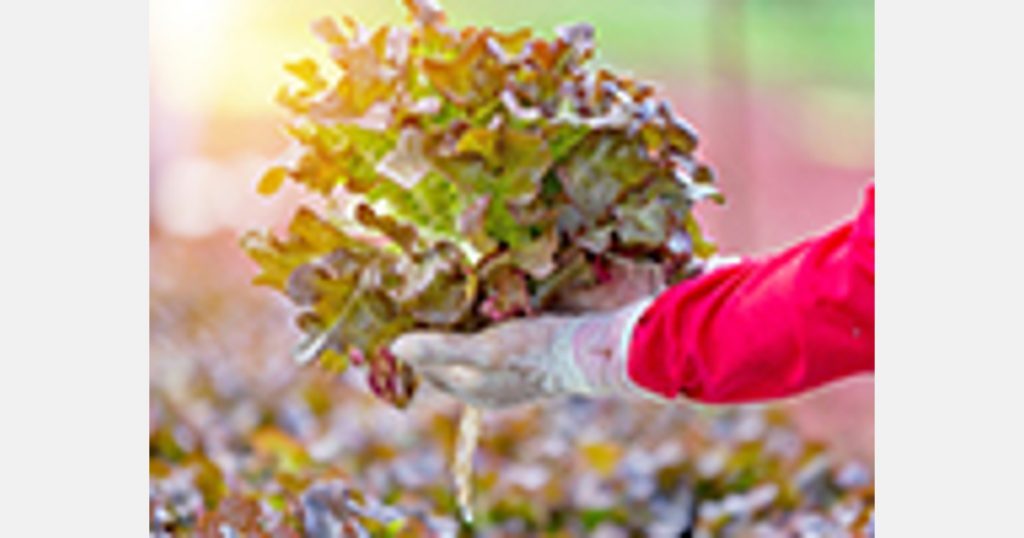In Spain, the Council of Ministers approved the Royal Decree that will regulate how to obtain a crop protection certificate for the export of vegetables, fruits and plant products. The aim is to streamline the procedures.
Spanish exports of plants and agricultural products of plant origin account for 33% of the value of exports from the agri-food and fisheries sectors, and thus represent an important share of Spanish foreign trade and the economy in general. The export of these products is also of great importance for the viability of Spanish agriculture and the generation of income.
The Royal Decree is a response to the growing complexity of the certification process, given the increasingly stringent requirements of the destination countries regarding crop protection issues.
The Royal Decree defines the roles of everyone involved in the process to obtain a crop protection certificate, including the exporters themselves, the phytosanitary services of the autonomous regions, the phytosanitary inspection services at border crossings, and the accredited audit bodies and laboratories.
In addition, the new legislation allows the use of CEXVEG’s software application, which entails progress in the integration of telematics systems and responds to the sector’s demand for the use of this type of media.
The Royal Decree will simplify the work of exporters, as cooperation between the different phytosanitary authorities will become easier, facilitating also the regulation of pre-export or re-export certificates, among others.


